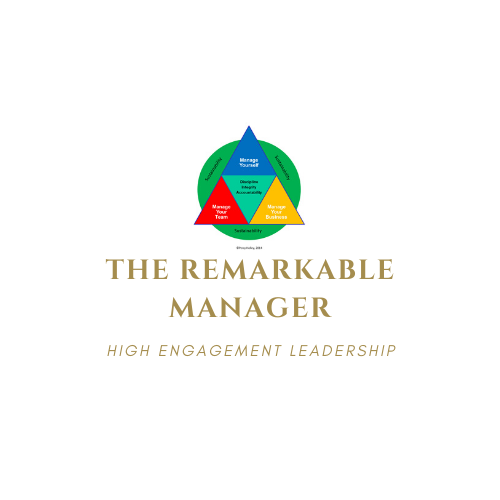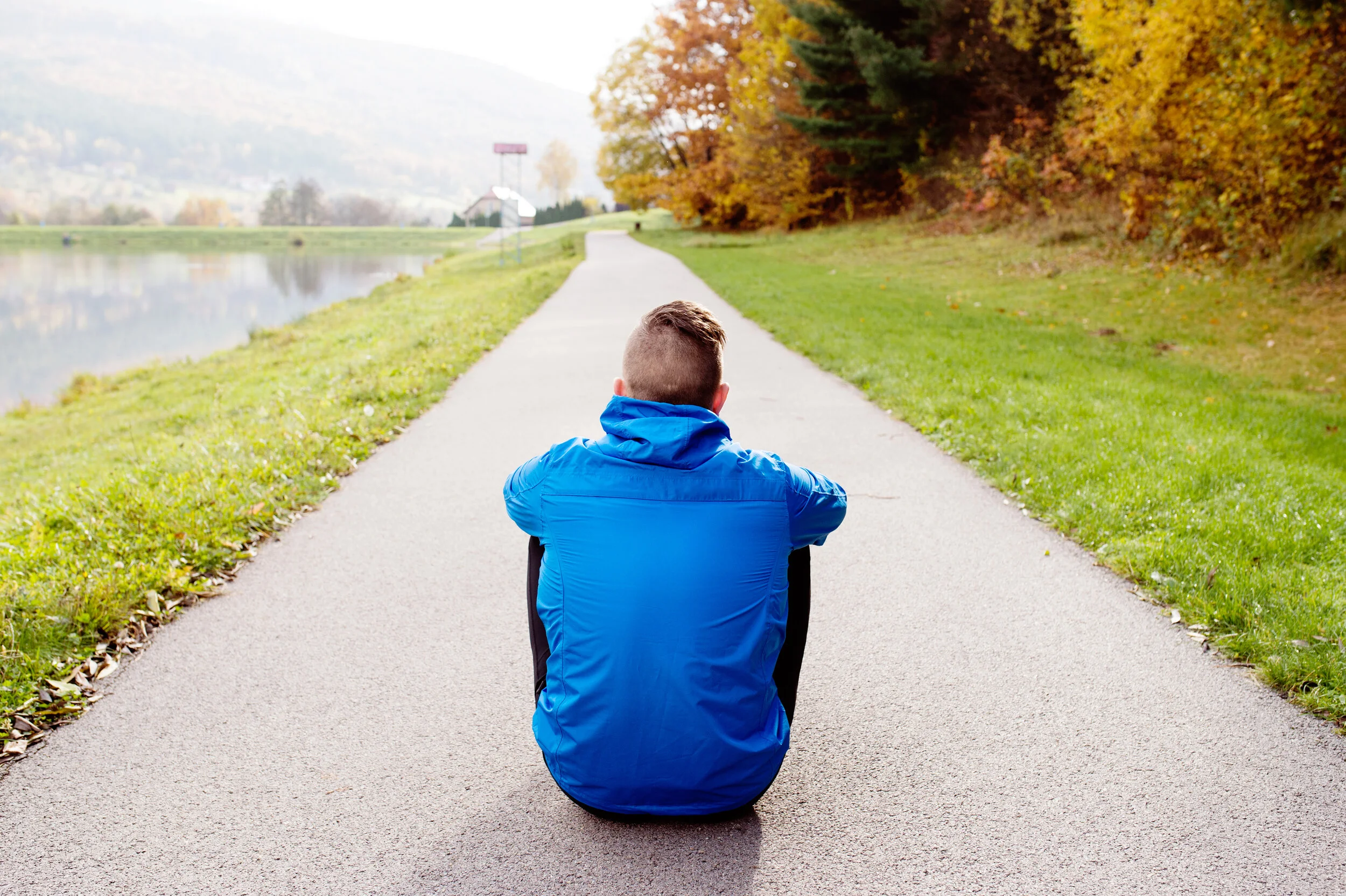How to Develop Your Resiliency (RQ) in a Pandemic
Your IQ (intelligence) is important in a pandemic. It’s helpful to be smart about things. Your EQ (emotion) is important in a pandemic. It’s helpful to get along with others and yourself. CQ (cultural) is important in a pandemic. It’s helpful not to stereotype or judge difference in others. But your RQ (resiliency) is critical in a pandemic. It is essential to be able to function in an unprecedented event that affects every person, country, culture, and industry.
Resilient is a Virtue
Author and ex-Navy Seal, Eric Grietens, defines resiliency as “the virtue that enables people to move through hardship and become better.” Grietens goes on to explain that “resilience is the key to a well-lived life. If you want happiness or success, you need resilience.” Resilient people move through hardship and are better and happier because of it.
Resiliency Training in a Pandemic
If you or someone you know is struggling with the new world of social isolation, quarantining, and social distancing, you can use this time to develop the virtue of resilience that will add to your life for years to come. Grietens put it this way, “To be resilient, you must understand that your objective is not to come to rest, because there is no rest. Your objective is to use what hits you to change your trajectory in a positive direction…Resilience is often endurance with direction.”
8 Thoughts on Developing Endurance with Direction (Resiliency)
1. Perspective – I wrote about the importance of perspective recently, and about how you view things will determine how you do things. Resilient people put things in perspective.
2. Reflection – A great add-on to developing perspective is reflecting on what has really happened and how it affects you. Reflecting on the things you can control versus the things you cannot control is often a difference-maker when developing resilience.
3. Focus – With so much going on and so many unknowns in the mix, choose to focus on a select few things you can do to move forward.
4. Self-Empathy – Give yourself a break. Don’t beat yourself up. These are challenging times, and the same empathy you give to others so freely could go a long way with yourself.
5. Positivity – Avoid the negative. Turn off the news. Stop looking at social media. Focus on positive actions that can move you forward.
6. Possibility – Things may not be optimal right now, but what is possible now? What is now in play because of what has happened?
7. Adaptability – Stop resisting the change you know you need to make in your thinking. Adapt to the changing environment and use this as a reminder that another change is coming somewhere in the future. You don’t know when. You don’t know what. But change is a fact of life, and adaptable people make the best of change when it occurs.
8. Physicality – Resilient people stay active. Invest some time each day in some form of exercise. The more active you can be, the greater your ability will be to engage with all that is going on around you. Get your rest. Lack of sleep is a big reason many people struggle with resilience.
Set Your Sail
If you find that the current situation is unusually difficult, let me encourage you with the words of Winston Churchill, who said: “If you’re going through hell, keep going.” It’s when we stop, sit down, and dwell on the situation that we can become overwhelmed. Instead, keep moving, keep positive, and keep looking for what’s now possible in the new world where we find ourselves. Author and speaker Jim Rohn reminds us that the same wind (or pandemic) is blowing us all, and “It is the set of the sails, not the direction of the wind that determines which way we will go.” Don’t focus on the wind; focus on the set of your sail.






Most likely, these unusual times have revealed your true habits. You may be very pleased with what you have learned about yourself, or you may be looking back at the last eight weeks and have very little to show for it.